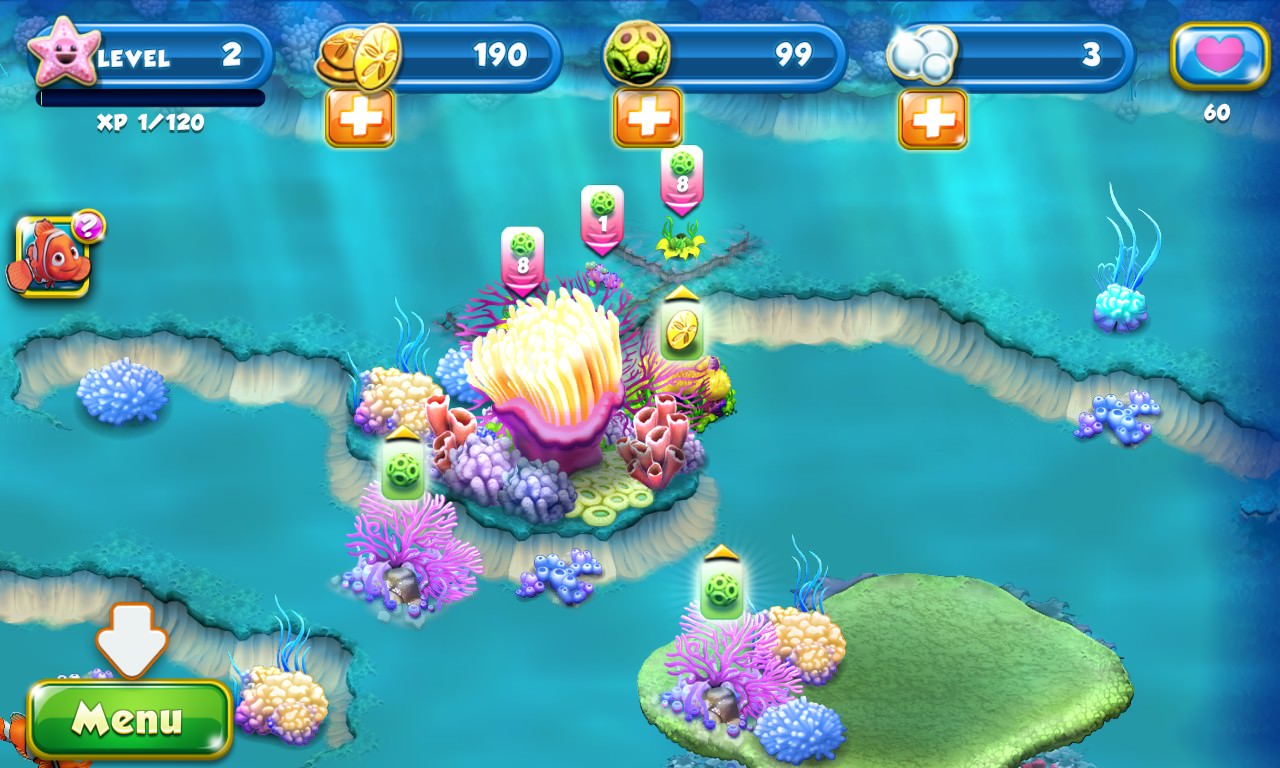The reason for all the variables may well be clear in the developer's mind. He or she has lived and breathed the game for the last month and the number juggling is all finely pitched, both in their brain and in the game. You need to collect the coins because you'll need them to buy power-ups later. which will get you past levels 23 onwards or save you having to wait for minutes each time while arbitrary timers tick down, you need fuel cans (or whatever) to keep going in the first place, and you need the gold stars to unlock arenas 2 to 4 (or, again, whatever). The bonuses add to a score, which usually ends up being pretty meaningless unless you're crazy enough to want to try and compete in global high score tables with teenagers who have (literally, it seems) nothing better to do than play the game for 24 hours straight....
You get the idea. 'Games' are supposed to be fun. Light hearted entertainment between the responsibilities and dramas of real life. Yes, there should be challenges to overcome and therefore derive some satisfaction, but games should never descend into something that's harder on the brain and nerves than the real world that you're trying to get away from for just a few minutes.
Even more so for a smartphone-hosted game that you could well be playing in a coffee break for 5 minutes or on a bus or train or in a queue. You really don't want to be navigating miniaturised interfaces controlling an ever-increasing number of variables, half of which seem to only be there to force payment in real world money, of some kind, later in the game.
Don't panic, I'm not advocating a return to only 'casual' games, which involve no history and no long term 'arc' - though casual games remain terrific fun if done well, for just these reasons - but why can't we have just one in-game 'currency'/status in each case? One number to look at, one power bar (etc.) to look at. Surely the 'meat' of each game is in the gameplay itself, whether driving or jumping or sword-thrusting, not in the requirement to juggle three different ways of being rewarded?
Just in case you still haven't grasped the extent of the folly, here are a few particular titles from the Windows Phone ecosystem that really deserve to be named and shamed. Examples help, right?
- Nemo's Reef. I reviewed this here, rather scathingly. Look at the screenshot below and you'll get the idea. No less than four currencies/benefits to keep track of, plus timers on everything, and all for slow-growing virtual coral at tiny sizes in a virtual ocean. I think I'd rather watch paint dry.

- Airport City. Ewan reviewed this here and hated it just as much as me. In addition to the number of currencies and stats and timers to keep track of, the reporting of these things are in a stupidly small font that almost no one can read. Add in that the airport simulation was as dull as ditchwater....

- Real Racing 3. Now, bear with me, because this isn't available on Windows Phone - and this is a good thing. Real Racing 2 was a commercial game, about £4 or so but worth every penny. Just one in-game currency (as I'm advocating here), with which you build up funds to buy new cars and upgrades and.... that's it. Version 3 was a complete rewrite, geared around freemium and all the complications I'm ranting about here.
There's universal agreement that Real Racing 3 overdoes the freemium upgrades and currencies and a hundred other stats on Android and iOS, and a very common question is 'Why can't we just buy the much simpler Real Racing 2?' (RR2 isn't available for a lot of Android phones anymore, EA withdrew it). Happily, on Windows Phone there IS only RR2, for which you and I can be profoundly grateful!
In short, I (and I suspect most other phone gamers) still want action, intrigue, speed, strategy and suspense. But we want it without all the layers of faux-financials that do nothing but obscure how much we might eventually end up paying the developers.
More clarity, less currencies, s'il vous plait.....
